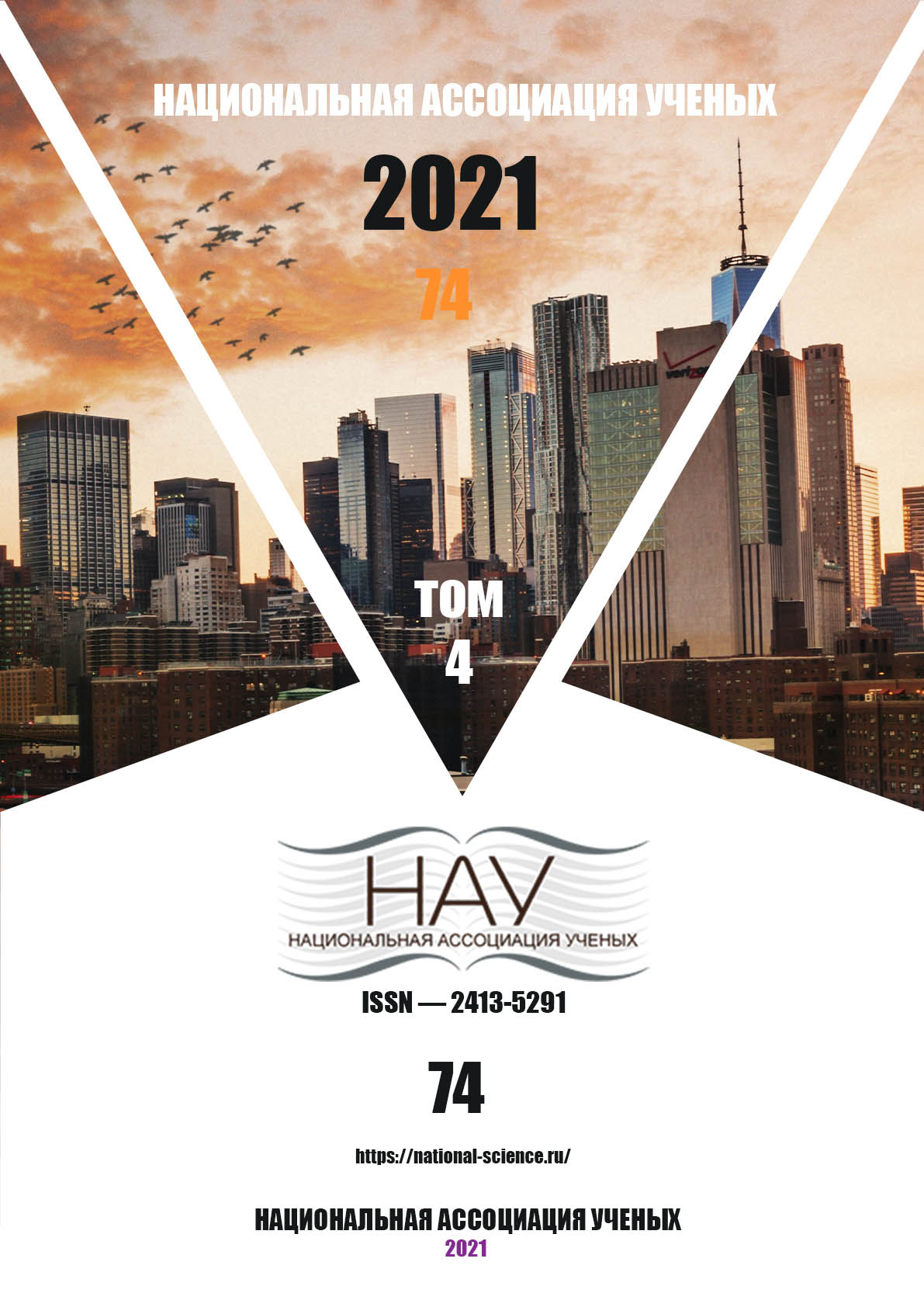INDICATIVE APPROACH AS A MEANS OF INFLUENCING THE CORPORATE CULTURE OF AN EDUCATIONAL ORGANIZATION ON THE FORMATION OF THE PROFESSIONAL IDENTITY OF TEACHERS
DOI:
https://doi.org/10.31618/nas.2413-5291.2021.4.74.541Keywords:
corporate culture, indicative approach, professional identity, educational organizationAbstract
The problem considered in this article is to determine the role of the corporate culture of educational organizations in the process of forming the professional identity of teachers. Emphasis is placed on the indicative approach, within the framework of which the potential of teachers is supported; detection by teachers of their own problems and giving them a developmental character by turning the problem into a task of activity. It has been determined that the indicative approach brings closer to understanding the mechanisms of formation of new subjective qualities of teachers in the process of putting forward and achieving goals at the stages of mastering certain types of activities, as a result, the development of the fragmentary experience of teachers into a stable motivation for professional improvement in the process of collective activity.
References
Korporativnaja kul'tura [Jelektronnyj resurs]. ‒ URL: https://www.google.com/search (Data obrashhenija (01.12.2021)
Lappo M.A. Identichnost': semantika, pragmatika, jazykovye resursy: monografija / M.A. Lappo. − Novosibirsk: Izd-vo NGPU, 2013. – 180 s
Organizacionnaja kul'tura po F.Harrisu i R.Moranu [Jelektronnyj resurs]. ‒ URL: https://spravochnick.ru/menedzhment/osnovnye_elementy_organizacionnoy_kultury/ (Data obrashhenija (01.12.2021)
Shejn Je. Organizacionnaja kul'tura i liderstvo [Jelektronnyj resurs]. ‒ URL:
http://www.trkk.ru/sources/books/26-organizacionnayakultura-i-liderstvo-edgar-sheyn.html (Data obrashhenija 01.11.2021)
Downloads
Published
Issue
Section
License

This work is licensed under a Creative Commons Attribution-NoDerivatives 4.0 International License.
CC BY-ND
A work licensed in this way allows the following:
1. The freedom to use and perform the work: The licensee must be allowed to make any use, private or public, of the work.
2. The freedom to study the work and apply the information: The licensee must be allowed to examine the work and to use the knowledge gained from the work in any way. The license may not, for example, restrict "reverse engineering."
2. The freedom to redistribute copies: Copies may be sold, swapped or given away for free, in the same form as the original.





